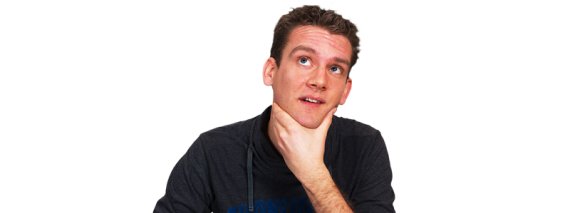I don’t see any new facts in the article. It really just states exactly what Wageningen UR aims to be: a knowledge institution which does relevant research in collaboration with business. Just substitute another word for ‘conflict’ and it could go straight into our brochures. The ministry would surely read it and describe it a trailblazing. And yet the journalist manages to paint a negative picture. Ow!
To me the fact that our core identity can be framed in terms of a conflict of interests is more worrying than the discovery of a real scandal would be. Incidents can be solved, but you can’t change your soul. The article describes a fundamental problem: almost 40 percent of our budget consists of contract research and every euro’s worth of dependence increases the chances of bias. So much is undeniable. None of the advantages of collaboration (greater capacity, larger network, faster application) can change that. In fact, focusing on the advantages only feeds the scepticism.
I never believe people who assure me their lives are ‘fantastic’ either. Let’s just start being more honest about the difficulties surrounding our work. I have in mind an advertisement like this: ‘We are under tremendous pressure to publish and our clients (including government and foundations) constantly demand concrete recommendations. Yet our results only demonstrate how complex everything is. In the middle of this hornets’ nest, we do our level best to stay reasonably objective and deliver relevant knowledge. That is how Wageningen UR works on quality of life.’ I wonder who would dare extract a hint of conflict of interests out of this message.
Stijn van Gils (27) is doing doctoral research on ecosystem services in agriculture. Every month he describes his struggles with the scientific system.

